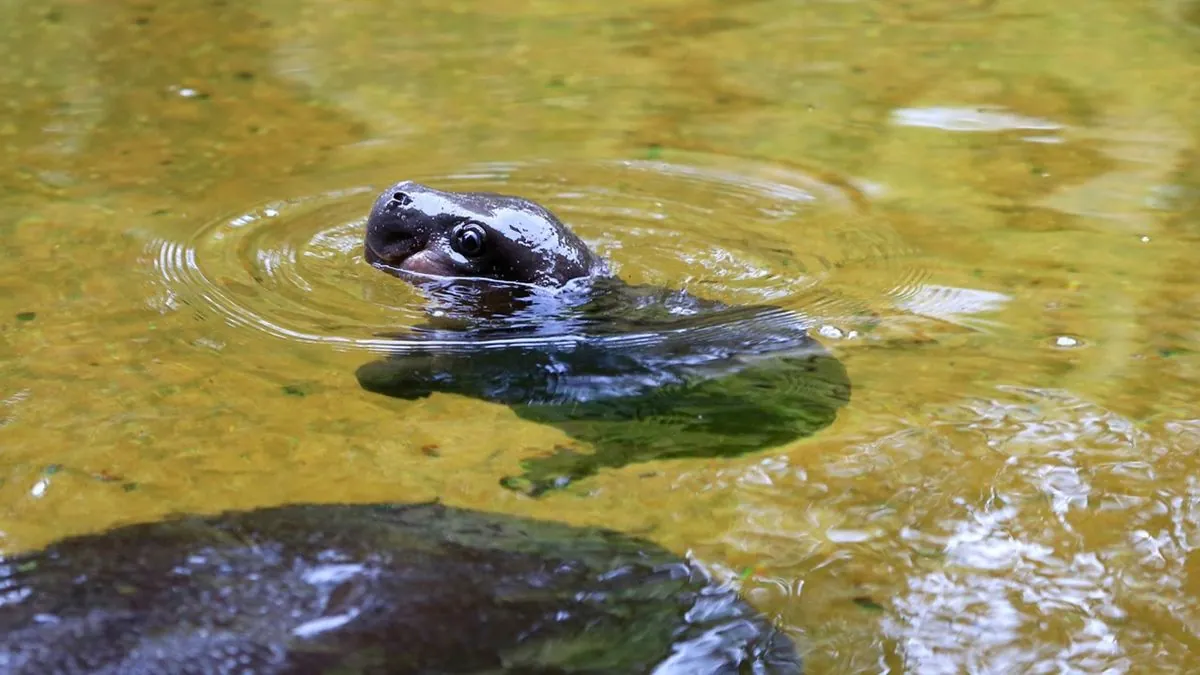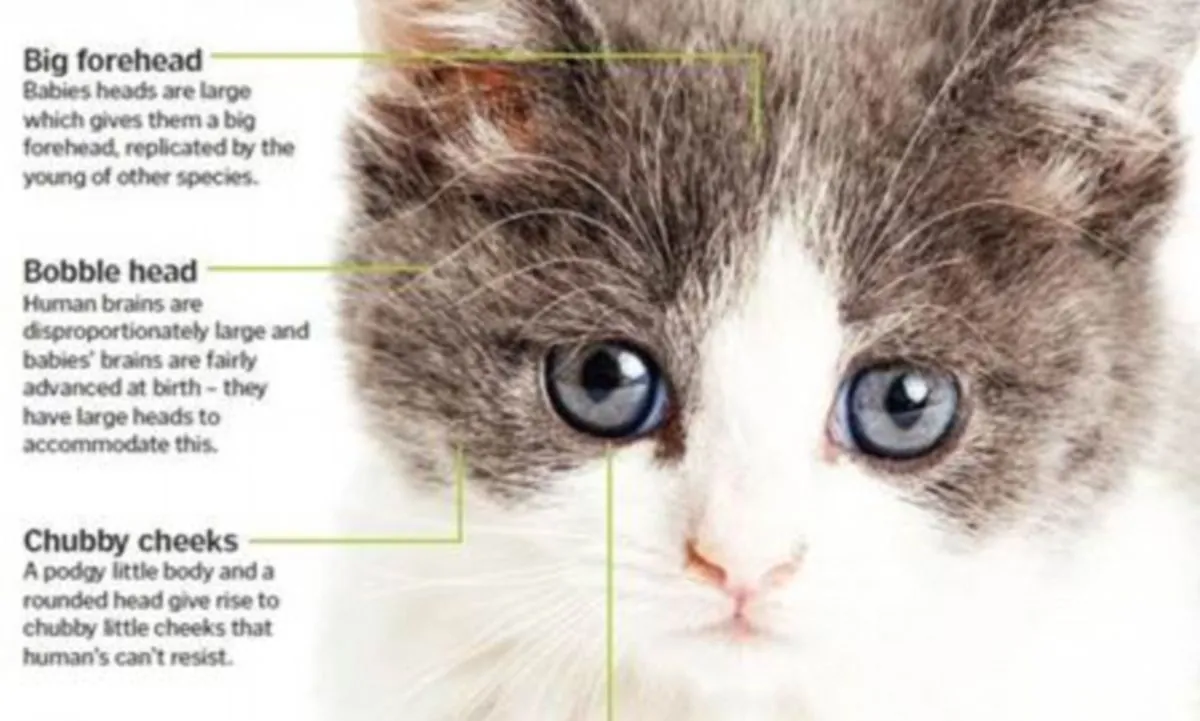Baby Hippo's Viral Fame Reveals Science Behind Cuteness Attraction
Moo Deng, a baby pygmy hippo, has captured hearts worldwide. Scientists explain how "baby schema" features trigger nurturing instincts across species, highlighting evolutionary traits crucial for human survival.

In recent months, a charming baby pygmy hippo named Moo Deng has taken the internet by storm. Born approximately two months ago at Thailand's Khao Kheow Open Zoo, this adorable creature has become a global sensation, inspiring memes, bakery creations, and even makeup trends.
The widespread adoration for Moo Deng is not merely a coincidence but can be explained by scientific research. Studies have shown that certain physical features in baby animals trigger strong nurturing responses in humans, a phenomenon known as the "baby schema."
Daniel Kruger, a research scientist in evolutionary psychology, explains:
"We interpret that as helplessness and as dependency, and it motivates us to care for them. And it's so powerful that it happens across species."
This concept, first proposed by Austrian ethologist Konrad Lorenz in 1943, suggests that specific traits such as large eyes, chubby cheeks, and small bodies universally appeal to humans. These features activate regions in our brains associated with emotion and pleasure, as noted by Morten Kringelbach, a neuroscience professor at the University of Oxford.
Research has demonstrated that the "baby schema" affects both men and women, regardless of whether they are parents. A study published 15 years ago found that cuteness triggers caretaking motivation in adults, which may be crucial for species survival.

Interestingly, this nurturing instinct extends beyond our own species. Kruger's research has shown that humans tend to find baby animals from species requiring parental care more attractive and are more likely to want to care for them. This cross-species appeal explains why zoo animals like Moo Deng can capture our hearts so easily.
David Barash, an evolutionary biologist, points out that pygmy hippos, native to West African swamps and forests, possess many of these appealing features even as adults. Despite their cute appearance, it's important to note that hippos are responsible for more human deaths in Africa than any other vertebrate.
The viral fame of Moo Deng also sheds light on the conservation status of pygmy hippos. With only about 2,000 individuals left in the wild due to habitat loss and poaching, these miniature relatives of full-sized hippos face a serious threat of extinction.
Barash expresses hope that Moo Deng's popularity might raise awareness about the species' plight:
"to helping and to protecting not just this one critter, but to all of its relatives."
As Moo Deng continues to captivate audiences worldwide, her fame serves as a reminder of the power of cuteness and its potential to inspire conservation efforts for endangered species.


































